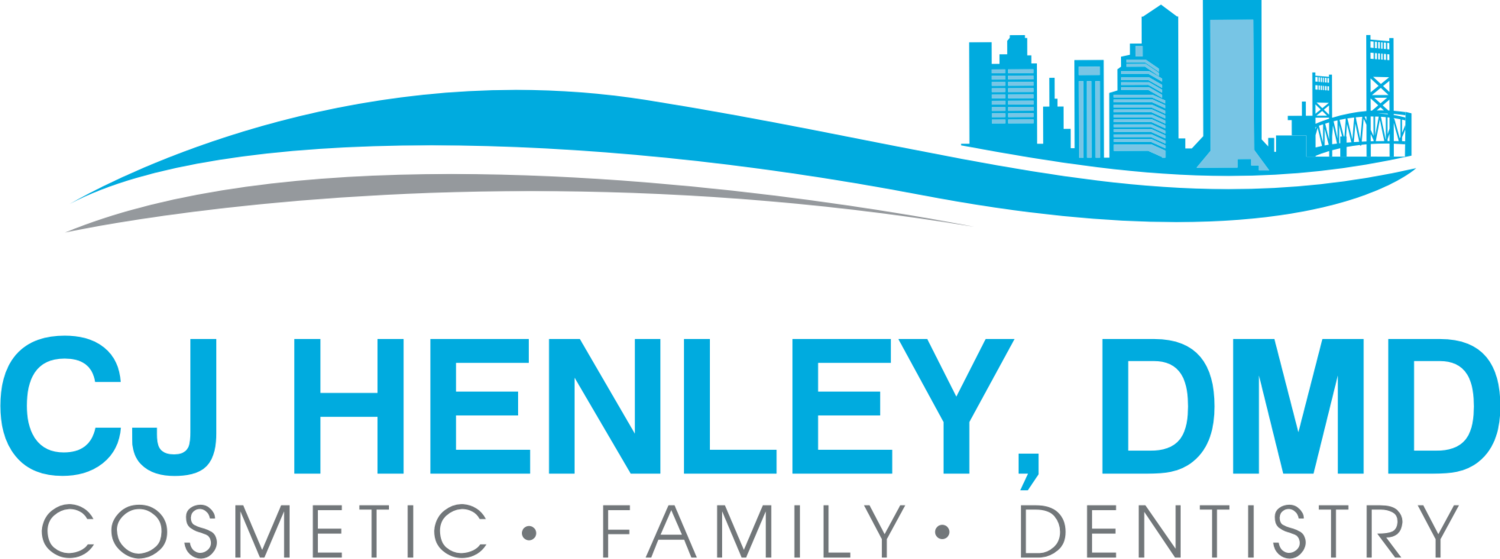The rise of the social media platform TikTok during the past year has led to an increase in do-it-yourself (DIY) dentistry that many professionals in the oral health community, including Amber Bonnaig, DDS, of DentaQuest, are warning against due to the harmful impacts it can have on one’s mouth.
Most recently, a viral TikTok video instructed viewers to use a Mr. Clean Magic Eraser, a product traditionally used to clean household surfaces, to whiten teeth. Another popular video shows a teenager closing the gaps between her teeth with rubber bands.
These DIY “dental hacks” are the latest in a series of videos that have gone viral on the platform posted by unlicensed influencers and individuals to provide oral health “advice” regarding flossing, plaque removal, dentures and more in an effort to help viewers save costs on expensive treatments or quickly enhance their appearance.
“These makeshift dental hacks are really concerning and send the exact wrong message to kids about how to care for your teeth,” said Dr. Bonnaig. “Performing your own dental treatments--particularly like some of these TikTok videos--can cause significant, long-lasting damage to your mouth and teeth, as well as your overall health. It’s important to remember that good dental hygiene can prevent many oral health problems and keep your mouth healthy. So please brush routinely, avoid bad habits like nail biting or teeth grinding, and consult your dentist about any treatments that go beyond this kind of routine preventive care.”
In addition to TikTok’s most popular dental hacks, Dr. Bonnaig advises against some of its other viral trends, including:
Hydrogen peroxide teeth whitening: Coffee, tea and medications can all be sources of dental discoloration. While a popular TikTok video promotes hydrogen peroxide as a teeth-whitening technique to combat discoloration, dentists strongly recommend against its prolonged use and suggest people who want a brighter smile use over-the-counter or professional treatments. Prolonged bleaching with high concentrations of hydrogen peroxide, especially when used multiple days in a row, can lead to highly irritated gums and sensitive teeth. While 3% hydrogen peroxide is available at most drugstores, it is better to use a toothpaste or teeth whitening product that is much gentler on the gums and enamel.
Nail file teeth filing: Another popular DIY dental hack involves using a nail file to even out teeth or change the overall shape. A nail file is not intended to be used for teeth--it can cause severe damage to enamel, which protects teeth from sensitivity, pain, cavities and discoloration. In addition, using unsanitary tools like this can introduce bacteria in the mouth. For people who may be unhappy with the shape or size of their teeth, it is recommended to schedule an initial consultation with the dentist.
Hair flossing: Using hair as a tool for flossing is also a trend circulating on social media. Flossing daily can help eliminate plaque between teeth and prevent calculus from forming at the gum line, but it is important to use the correct tools because using the wrong ones, such as strands of hair, can cause trauma and lead to irreversible harm to the gums.
Plaque removal: While plaque scrapers are widely available outside of the dentist’s office, dentists don’t recommend using them at home by yourself as one viral TikTok trend suggests. Plaque scrapers are sharp, and improper use can puncture and damage the gums, as well as cause excessive bleeding. Gum trauma can prompt gum recession, root exposure and increased sensitivity to foods, beverages and pressure. It can also injure the tongue, cheeks and other areas of soft tissue, or bring on an infection.
DIY dentures: Using moldable plastic as a solution for missing teeth is another viral hack users on TikTok have suggested. However, it is recommended to avoid the use of moldable plastic to replace teeth as it is unhygienic and will result in food, bacteria and plaque getting caught around the plastic and around the teeth nearby. This can cause inflammation of the gums and bone, which can lead to permanent recession and bone loss. In addition, DIY dentures can pose a choking risk. Moldable plastic is not as secure as real partial dentures, making it easy to inhale or swallow.

